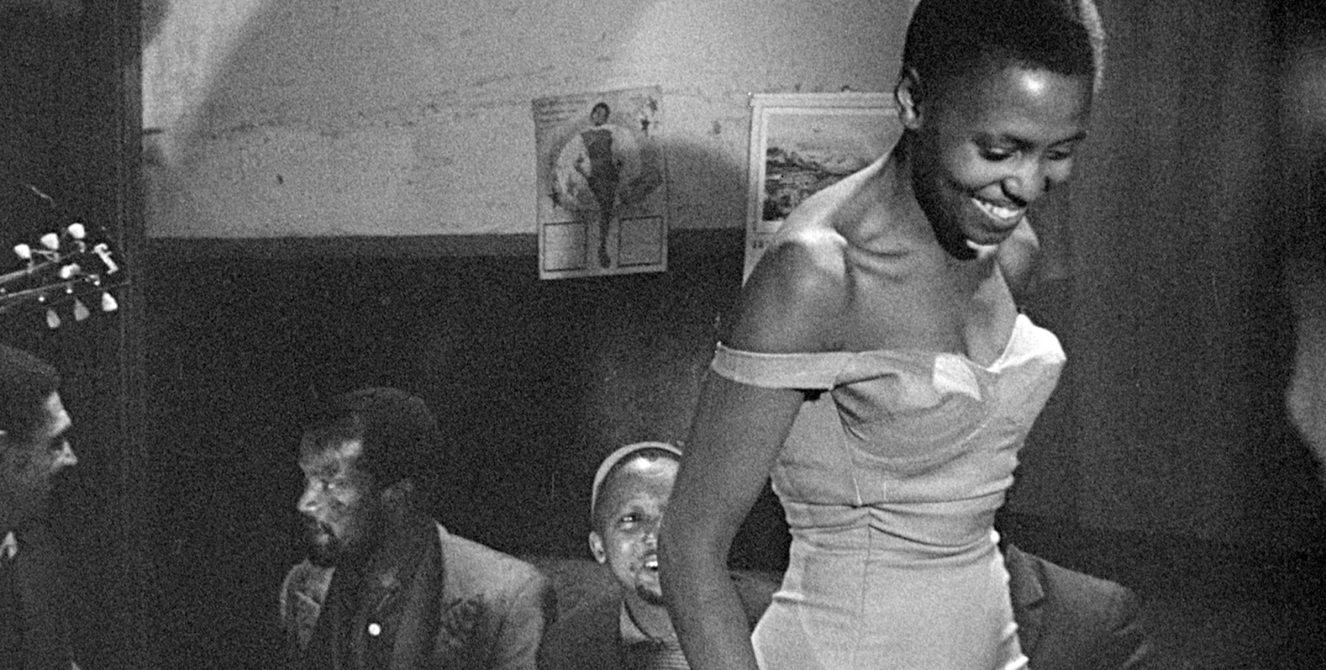FREE THURSDAYS: Come Back Africa
1959, 86 minutes
South Africa/United States
Language: English, Afrikaans and Zulu

Director: Lionel Rogosin
NOTE: FREE ADMISSION- NO TICKET PURCHASE REQUIRED
After witnessing firsthand the terrors of fascism as a soldier in World War II, director Lionel Rogosin vowed to fight against it wherever and whenever he saw its threats reemerging. In an effort to expose “what people try to avoid seeing,” Rogosin travelled to apartheid-struck South Africa and secretly filmed Come Back, Africa, which revealed the cruelty and injustice with which black South Africans were treated.
Apartheid rule, a legal system of separation according to race, began in South Africa in 1948. This system forced black South Africans—who composed a majority of the public’s population—into crowded slums where they received poorer public services than those provided to the white minority. Before beginning the production of Come Back, Africa, Rogosin spent several months touring Africa, becoming accustomed to the way of life in South Africa and acquiring a sense of the apartheid government’s sensitivity to anti-government “conspiracies”–such as the very film he wished to create.
A jarring view of a largely concealed environment of injustice, Come Back, Africa honestly and sincerely captures images of the long faces of a people oppressed. Casting occurred before the script for the movie was written; the script itself was a vague sketch of plot points which the actors added to with their own dialogue, to make the film a more authentic representation of the living conditions of the time.
QUOTES
“A heroic film… a film of terrible beauty, of the ongoing life it captured and of the spirit embodied by Rogosin and his fellow artists.” —Martin Scorsese
“Come Back, Africa is both history and legend, about real, ordinary people in extraordinary—and ongoing circumstances. The film remains complicated, interlacing stories and backstories, revealing at once adversities and strategies of survival.”
– Cynthia Fuchs, PopMatters.com
“A timely and remarkable piece of cinema.”
—Time Magazine
“The sound of the beating of the consciousness of a waking Africa.”
—Jonas Mekas, Village Voice
